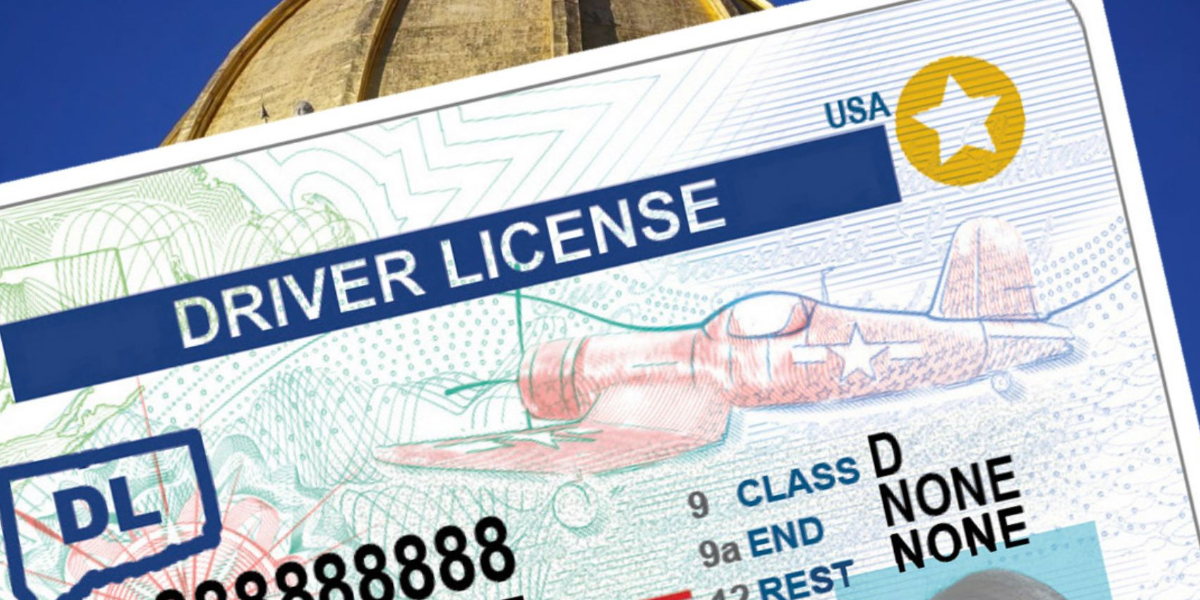Authorities claim that residents need to present documentation proving their legal name, birthdate, Social Security number, proof of address, and legal status in order to receive a Real ID. This information must reveal delicate subjects to people in addition to being technically simple to access.
While proving residency may be acceptable to certain authorities in order to obtain a non-compliant ID, other components—particularly the Social Security number—may pose a privacy risk and jeopardize certain personal information.
Rep. Laurel Libby (R-Auburn) of Maine brought attention to the matter and submitted Legislative Document 160 in the Maine Legislature as a result of her concerns.
The statute that permits the Maine Secretary of State to issue a document that satisfies the requirements of the Real ID will be repealed if this measure is enacted. Since few people in Maine possess a document that satisfies the federal requirements for the Real-ID, Libby believes the law also reflects the mistrust of the state’s citizenry.
The government determination states that individuals must provide their Real ID in order to board domestic flights and enter federal buildings after May 7.
Legislators viewed Maine’s low participation near the deadline, which was set for the beginning of the previous month, as “informed resistance” rather than ignorance.
The issue, according to bill co-sponsor Sen. Nicole Grohoski (D-Hancock), is a common database including citizen data. She claimed that since the records were kept in the same shared database, identity thieves and hackers would have unrestricted access to the data.
However, Maine would be the only state in the US that cannot provide its residents with federally recognized credentials if the law were to pass.
This fact also affects the power of some states, such Secretary of State Shenna Bellows. She believes that citizens should have the option to select whether or not they want a Real ID, notwithstanding the challenges of updating the Real ID in the event of changes and the shared database with citizen information.
Read Also: Record High 401(k) Savings Rate Signals Growing Focus on Retirement Planning
The Senate voted on the plan last week, and Bellows was among the experts who testified against it.
The Senate voted against the bill last week. The House of Representatives reportedly rejected the plan by a vote of 109-34.
Additional screens and bag checks will be required for anyone without the proper identification. Not passing the LD 160, according to Libby’s statement following the results, was a setback for Mainers’ privacy and confirmed her worries about it. In fact, there are still a lot of Real ID reforms being made throughout the US, and this state has one of the most contentious ones.



